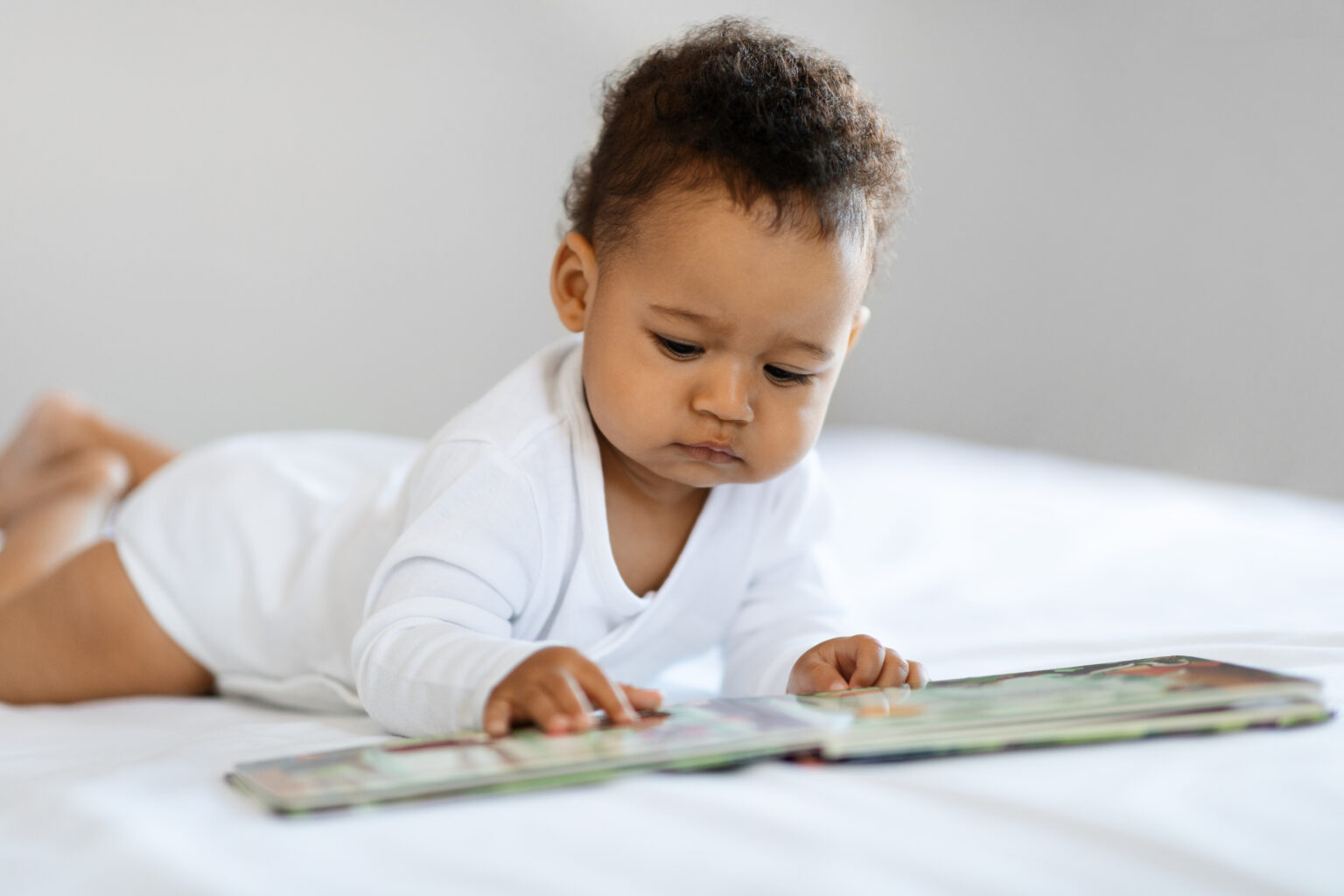Jump to...
Preparing policies and procedures
When time comes to prepare the policies and procedures for your setting, you should consider:
- What are the types of safeguarding issues that might come up in this provision?
- How should everyone in the setting deal with this?
- What are the requirements?
Safeguarding policies and procedures should typically include arrangements for e.g:
- recruitment and supervision of staff
- creating and maintaining a safe environment
- arrangements for risk assessment
- how settings will record and store information securely and in line with data protection requirements
- how you will respond to complaints and allegations against staff
- your record keeping procedure
- use of mobile phones and cameras
- administering medicine
(Note: this list is not exhaustive)
Policy statements
Organisations need to be transparent and share their policy statement.
This should include a statement of value and intent. It should capture why this policy is in place, what the organisation aiming to achieve, and make reference to the legislation which underpins the policy. It should also clearly indicate who the policy applies to. The policy statement should be supported by procedures, which explain how this will be achieved and clarify who should do what. It should link to other relevant policies and procedures where relevant
Training
Organisations also need to consider how they will ensure that everyone is trained in the policies and procedures, understands them and are able to implement them
It is expected that early educators receive adequate training in child protection matters and are aware of the signs and signals of abuse in children.
Early years providers are required to have a designated person in every setting who has the lead responsibility for safeguarding, and should discuss learning needs and organisational policies during staff inductions and during regular supervisions.
The General Data Protection Regulation (GDPR)
On 25 May 2018, an EU law called the General Data Protection Regulation (GDPR) came into effect. This has since been enshrined unto UK law as the UK GDPR, which came into effect in January 2021.
It replaced the Data Protection Act 1998 and it gives individuals greater control over their own personal data.
Privacy notices
Individuals must be informed about how their data is being collected and how it will be used — this is best done in the form of a privacy notice which can be given to parents at pick-up and drop-off times. New parents should be given a privacy notice when they register.
Employers must also be mindful of personal data they collect relating to staff whom will also need to be given privacy notices.
Alliance members can call Law-Call for guidance.
Policies and procedures
Early years providers must review their procedures to be compliant with GDPR and will need to consider, for example, how to implement and share privacy notices, retention and transferring information, how to respond to data breaches and how to train staff in the new requirements.
The GDPR principles
All data collected must be:
- processed fairly, lawfully and in a transparent manner in relation to the data subject
- collected for specified, explicit and legitimate purposes and not further processed for unrelated or incompatible other purposes
- adequate, relevant and limited to what is necessary in relation to the purposes for which data is processed
- accurate and up to date
- kept only as long as needed to identify individuals for the intended purpose.
- processed securely to prevent unauthorised access, loss, or damage using suitable technical and organisational measures.
Did you know..?
Alliance members get exclusive access to our Policies and Procedures, regularly updated in line with changes to the EYFS.




